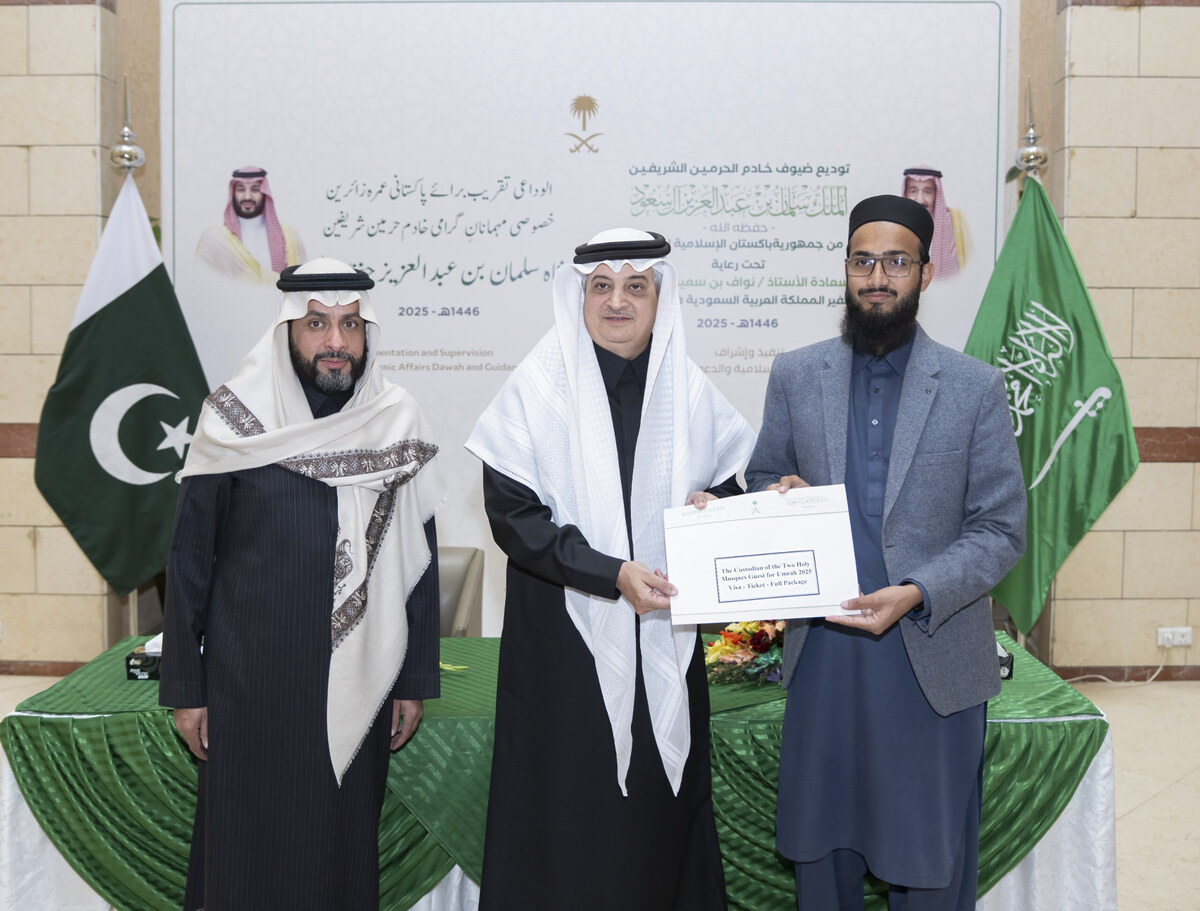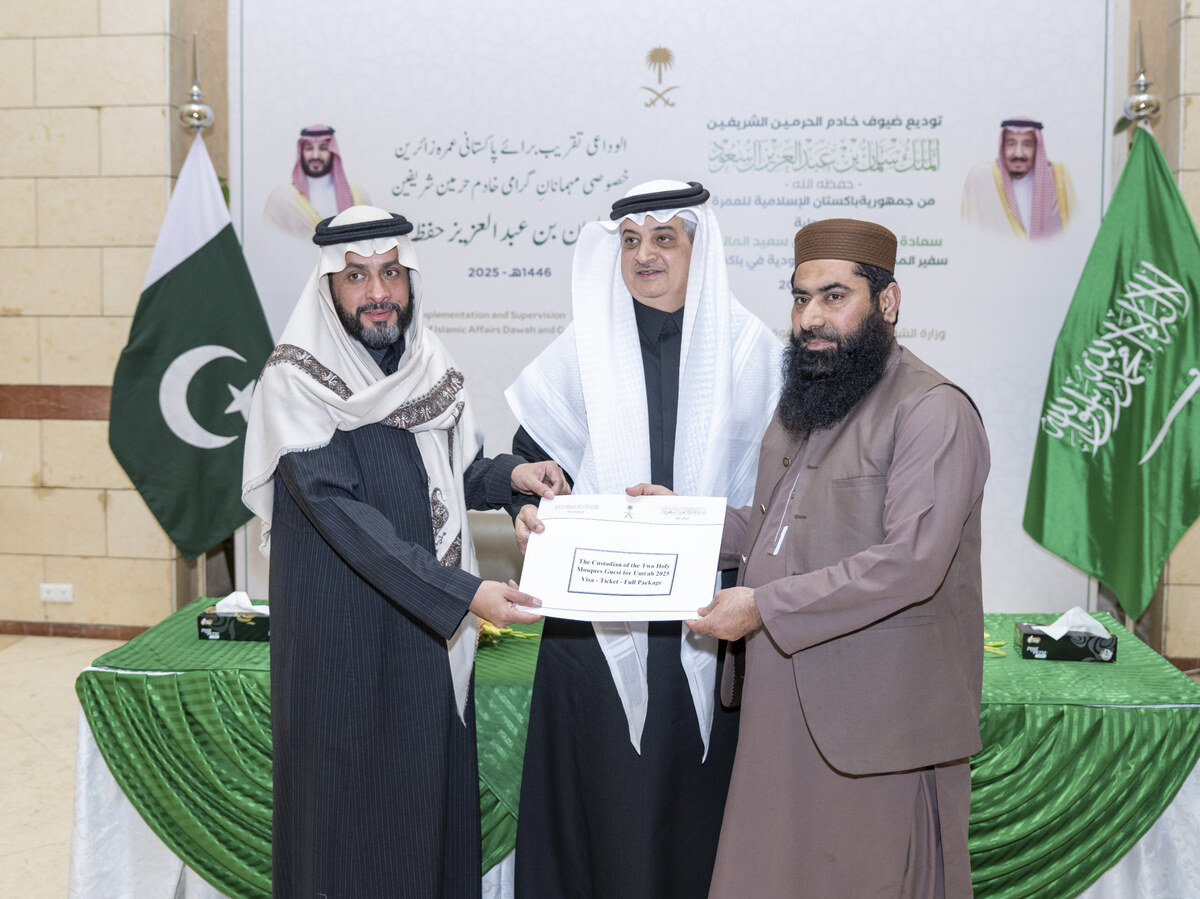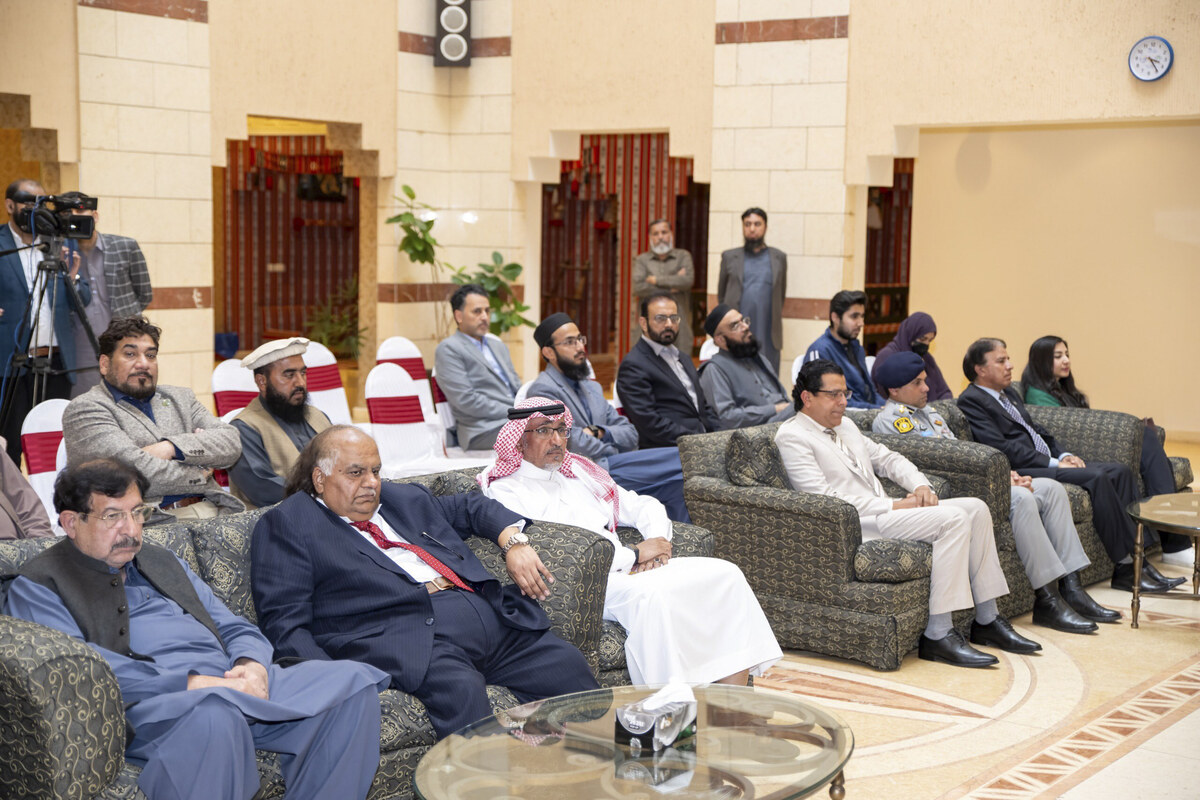KARACHI: The Counter-Terrorism Department (CTD) in Pakistan’s southeastern province of Sindh announced the arrest of a local militant leader on Thursday, saying he was involved in violent activities targeting paramilitary personnel, Chinese workers and a prominent religio-political party in the country.
Muhammad Hanif, a member of the banned separatist outfit Sindh Revolutionary Army (SRA), was arrested in Shaheed Benazirabad district, previously known as Nawabshah, along with a significant quantity of explosives and detonators, according to an official statement.
The SRA is known for its violent activities aimed at promoting Sindhi independence, including attacks on law enforcement and government targets.
The group has also launched attacks against Chinese nationals working on China-Pakistan Economic Corridor (CPEC) projects, reflecting its opposition to foreign investment in the region.
“The suspect was found in possession of 460 grams of explosive material, one hand grenade, and seven detonators along with a battery and adapter,” the CTD said in its statement.
“The suspect was on the railway track, planning to carry out an explosion on a train traveling from Sindh to Punjab to spread terror,” it continued. “He was apprehended during an intelligence-based operation, thanks to timely and effective information received from sensitive agencies, before he could carry out any potential terrorist act.”
The CTD also shared a list of militant activities allegedly confessed by Hanif during the investigation following his arrest, including two separate attacks in 2019 on Rangers in Sindh, in which six paramilitary personnel were killed.
The statement said he admitted to attempting to detonate a vehicle used by Chinese workers using a magnetic explosive device in 2020, though his plan could not succeed.
The same year, he opened fire on Chinese nationals in Karachi, injuring one of them.
The CTD said the SRA suspect targeted a 2020 Jamaat-e-Islami rally, resulting in six deaths and 20 injuries.
The official statement informed Hanif admitted to receiving militant training in Kandahar, Afghanistan, where he traveled twice and learned to use various weapons and make improvised explosive devices.
It added that charges had been framed against him under the Anti-Terrorism Act of 1997.






















